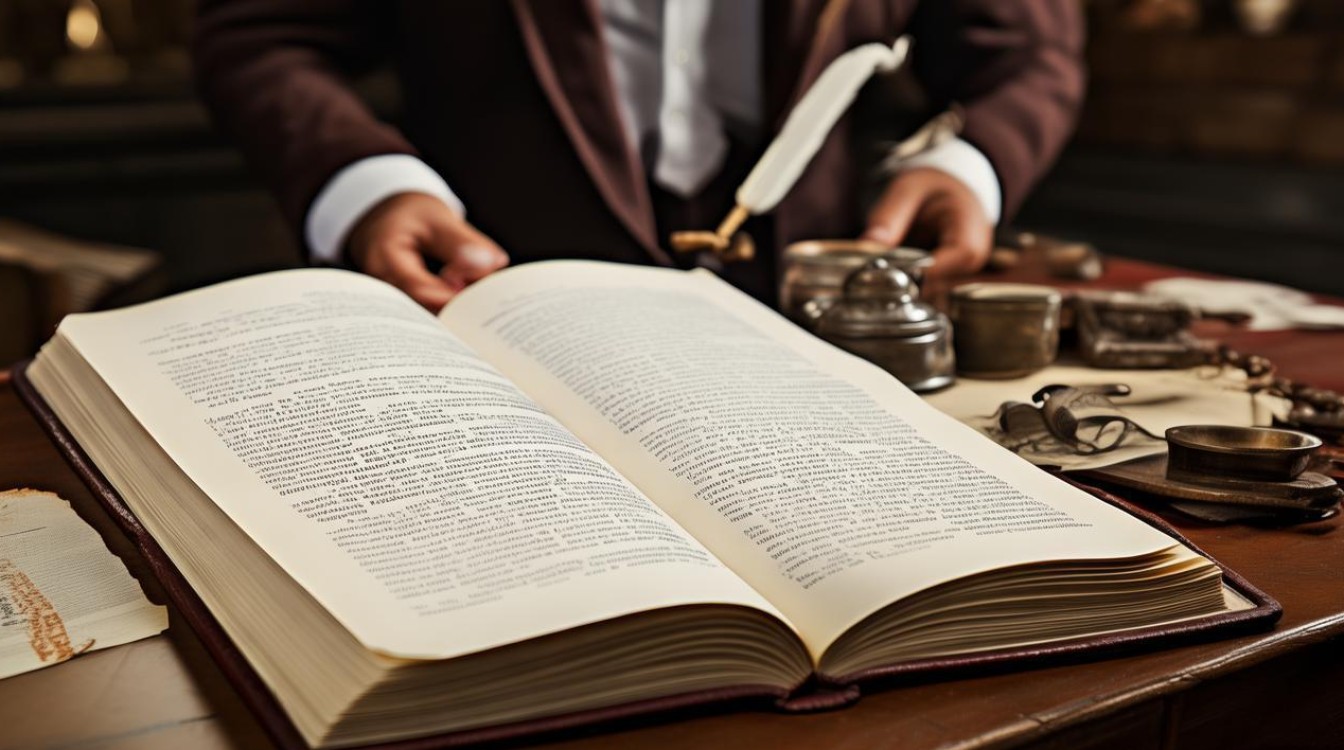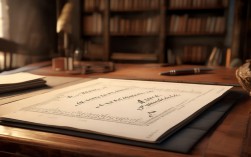下面我将为你提供一个全面的指南,包括题型分类、核心论点、高分范文、词汇短语和写作技巧,帮助你攻克历史类雅思作文。

历史类雅思作文常见题型
通常可以分为以下几类:
单边论证型
- 题目特征: 通常以 "Do you agree or disagree?" 或 "To what extent do you agree or disagree?" 开头,要求你对一个关于历史的单一观点表态。
- 示例题目:
- Some people think that studying history is useless for people in the 21st century. To what extent do you agree or disagree?
- (有人认为在21世纪学习历史对人们来说是无用的,你在多大程度上同意或不同意?)
双边讨论型
- 题目特征: 通常以 "Discuss both views and give your own opinion." 要求你分析两种对立的观点,并给出自己的看法。
- 示例题目:
- Some people believe that the most important lessons in life are learned through mistakes, while others argue that the most important lessons are learned from successful experiences. Discuss both views and give your own opinion.
- (有人认为人生中最重要的教训是通过错误学到的,而另一些人则认为最重要的教训是从成功的经验中获得的,讨论双方观点并给出你自己的意见。)
利弊分析型
- 题目特征: 要求你分析某个历史事件、现象或做法的积极和消极影响。
- 示例题目:
- Some people argue that tourism has a negative impact on historical sites. What are the negative effects? What can be done to deal with this problem?
- (有人认为旅游业对历史古迹有负面影响,有哪些负面影响?可以采取什么措施来解决这个问题?)
因果分析型
- 题目特征: 要求你分析某个历史事件发生的原因,或其带来的结果。
- 示例题目:
- Why do some people have the opinion that history is one of the most important school subjects? What do you think is the reason for this?
- (为什么有些人认为历史是最重要的学校科目之一?你认为原因是什么?)
核心论点与思路拓展
无论面对哪种题型,你都可以从以下几个角度构建你的论点:
正面论证 (为什么历史重要?)
-
借鉴过去,指导未来:
- 论点: History serves as a guide, helping us avoid repeating past mistakes.
- 例子: 学习两次世界大战的历史,可以让我们更深刻地理解和平的珍贵和国际合作的重要性,从而避免重蹈覆辙。
-
塑造身份认同与归属感:
- 论点: Understanding our roots and cultural heritage fosters a sense of national and personal identity.
- 例子: 通过了解自己国家的历史,人们能更好地理解自己是谁,从哪里来,从而增强民族自豪感和凝聚力。
-
培养批判性思维与分析能力:
- 论点: Studying history involves analyzing sources, evaluating evidence, and constructing logical arguments, which are essential skills.
- 例子: 学生在分析一份历史文献时,需要辨别其作者立场、写作背景和潜在偏见,这个过程极大地锻炼了他们的思辨能力。
-
提供宝贵的经验教训:
- 论点: History offers a vast repository of case studies on human behavior, governance, and societal development.
- 例子: 研究古代帝国的兴衰,可以为现代国家治理提供宝贵的经验教训,例如关于腐败、民生和经济政策的警示。
反面论证 (为什么历史可能被认为不重要?)
-
与现实脱节:
- 论点: Many historical events and figures seem irrelevant to the challenges of the modern, technology-driven world.
- 例子: 在一个AI和全球化快速发展的时代,学习几百年前的王朝更迭或战役细节,似乎对解决当今的气候变化或失业问题没有直接帮助。
-
知识的时效性:
- 论点: New archaeological discoveries or reinterpretations of evidence can constantly change our understanding of the past, making historical knowledge less certain.
- 例子: 随着科技的发展,我们对古埃及或玛雅文明的认知可能被新的发现彻底颠覆,导致过去的历史教科书需要不断修订。
-
占用学习资源:
- 论点: In an era of limited educational time and resources, prioritizing STEM (Science, Technology, Engineering, and Mathematics) subjects might be more practical for future careers.
- 例子: 为了让学生在未来的就业市场中更具竞争力,学校可能更倾向于教授编程、数据分析等实用技能,而非历史。
高分范文解析
我们以一道典型的单边论证题为例,进行范文解析。 ** Some people think that studying history is useless for people in the 21st century. To what extent do you agree or disagree?
范文:
(Introduction - 引言段) In an era dominated by rapid technological advancement and a focus on future-oriented skills, a growing number of individuals question the relevance of studying history. They contend that knowledge of the past has little value in the contemporary world. However, I firmly disagree with this perspective. In my view, a thorough understanding of history is not merely a scholarly pursuit but an indispensable asset for individuals and societies in the 21st century, as it provides crucial context, fosters critical thinking, and helps us navigate the complexities of the present.
(Body Paragraph 1 - 论点1:提供背景和根源) First and foremost, history provides the essential context and root causes for the world we live in today. Without an understanding of historical events, such as the two World Wars, the Cold War, or the process of decolonization, it is impossible to comprehend the current geopolitical landscape, international alliances, or even ongoing cultural conflicts. For instance, the tensions in the Middle East are deeply rooted in a complex history of colonialism, religion, and ethnic disputes. By studying these historical underpinnings, individuals can gain a more nuanced and informed perspective on global affairs, rather than forming simplistic or biased opinions based on isolated news reports.
(Body Paragraph 2 - 论点2:培养批判性思维) Furthermore, the study of history is a powerful catalyst for developing critical thinking and analytical skills. Unlike scientific facts that can be empirically tested, history is an interpretive discipline. It requires students to examine diverse sources—from official documents and personal letters to archaeological artifacts—and assess their reliability, bias, and significance. This process of sifting through evidence, constructing arguments, and evaluating different historical narratives equips individuals with the intellectual rigor needed to discern fact from fiction in an age of misinformation. This ability to think critically is arguably one of the most vital skills for any citizen in the 21st century.
(Body Paragraph 3 - 让步与反驳) Admittedly, one could argue that historical knowledge is often abstract and does not directly translate into practical, marketable skills. The names and dates of ancient battles or dynasties may seem irrelevant to a career in software engineering or marketing. However, this view overlooks the long-term, intrinsic value of historical study. The skills honed through analyzing history—such as research, synthesis, and persuasive communication—are highly transferable and valuable across a wide range of professions. Moreover, history offers invaluable lessons on human nature, leadership, and societal change, which can guide personal and professional decision-making in unpredictable times.
(Conclusion - 结论段) In conclusion, despite the prevailing focus on the future, the study of history remains profoundly relevant in the 21st century. It is not a useless relic of the past but a vital tool that provides context for our present, sharpens our minds for critical analysis, and offers timeless wisdom for our future. Therefore, far from being a subject to be discarded, history should be cherished as a cornerstone of a well-rounded and enlightened education.
高分词汇与短语
动词:
- to shape (塑造)
- to foster/ to cultivate (培养)
- to equip sb. with sth. (使某人具备...)
- to discern (辨别)
- to underpin (作为...的基础)
- to reinterpret (重新诠释)
- to draw parallels between A and B. (在A和B之间做类比)
- to provide invaluable insights into... (为...提供宝贵的见解)
名词:
- heritage (遗产)
- a sense of identity/ belonging (身份感/归属感)
- a repository of knowledge (知识的宝库)
- a cautionary tale (一个警示性的故事)
- hindsight (事后诸葛亮)
- a nuanced perspective (细致入微的视角)
- historical underpinnings (历史基础)
- critical thinking (批判性思维)
- misinterpretation (误读)
形容词/副词:
- indispensable (不可或缺的)
- profound (深刻的)
- far-reaching (深远的)
- timeless (永恒的)
- irrelevant (不相关的)
- myopic (短视的)











